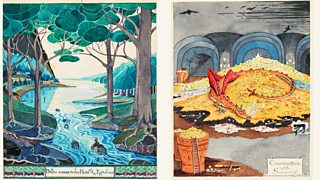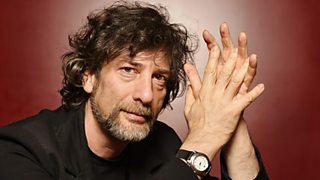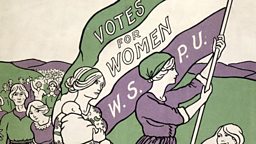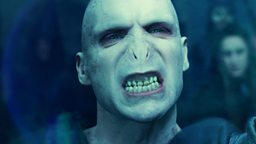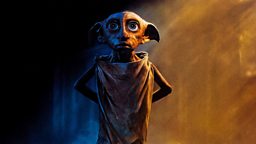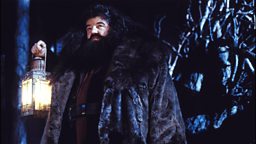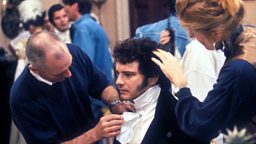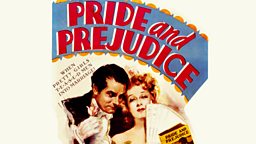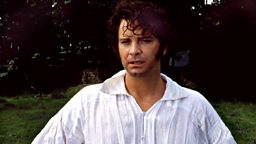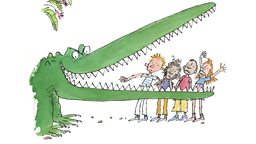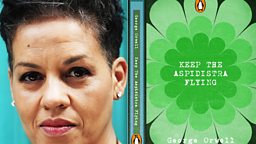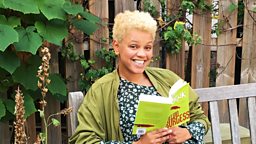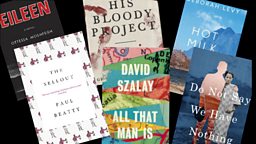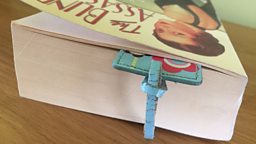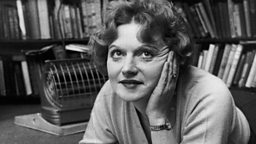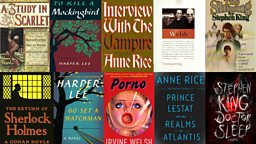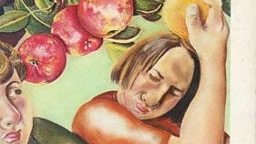Can a book really make you laugh out loud?
2 September 2016
We all love to feel our facial muscles contract as our larynx half-closes during what the Encyclopaedia Britannica describes as “rhythmic, vocalised and expiratory” actions. In other words, we all love to laugh. We love to laugh so much that a whole industry exists to make us do just that, through sitcoms, satires, comedy clubs, festivals and, of course, books. But can that last one – books – really send us rolling in the (bus) aisles? Can reading books make us LOL? DANNY SCOTT from the Scottish Book Trust turned the pages to see what tickles our funny bone.

Different things make different people laugh. Most of us can remember clutching our sides at the cinema, trying not to laugh too loudly at work while watching a funny video, or getting sore jaws at a stand up gig. When was the last time, however, you really laughed your guts up at a book?

Roald Dahl, the father of dark humour in children鈥檚 literature, described laughter as 'delayed fear'
Some people might say they often hoot with laughter while reading. They might say they’ve had to stop reading certain books on public transport to save their embarrassment. But I’d be willing to wager that the majority would probably agree that they laugh inwardly or titter, at most, when reading a funny book. Why is that? What is it about reading that makes loud laughter less likely?
Those who study laughter, namely gelotologists, find that we humans are 30 times more likely to laugh in social situations than alone – the difference between watching a comedy in a packed cinema versus an empty one. And reading is a very individual activity. For most, it doesn’t take long to feel self-conscious if you are the only person in the room who is laughing.
In an evolutionary sense, laughter exists to help us form bonds with other people. Probably. But, like many other human behaviours, it is hard to envision what the full evolutionary benefit of laughter might have been.
, the father of dark humour in children’s literature, described laughter as 'delayed fear'. His musings certainly chime with the thoughts of some philosophers that laughter might have begun as a shared relief at passing danger – a relaxation of our fight or flight response.
This type of humour, relief, is one of three humour theories alongside incongruity and superiority. The makers of Marvel movies are experts at using it: slipping in one-liners, quips and visual gags into the most high-octane and perilous scenes. However, resolving fear in a finger-click is harder to do on the page than on-screen. Our eyes must travel across a line to reach the gag – we’re more active than passive.
Reading funny books is still great for you, regardless of how loudly or not they make you laugh
To trigger laughter, both surprise and a sense of danger also need to be present. That’s the reason why we can’t tickle ourselves, and it might just offer us a clue as to why the generally relaxing act of reading doesn’t get us giggling.
Reading funny books is still great for you, regardless of how loudly or not they make you laugh. An inner smile is still a smile. Laughing on the inside will still release tension from your being. Plus, reading makes you smarter, sharper and a wittier presence in your friends’ lives. Reading books might not make you laugh out loud but will certainly help you to make others do just that.
Do you disagree? Do you often LOL when reading? Tweet your thoughts tagged #LovetoRead.
Danny Scott is the Digital Marketing Manager at Scottish Book Trust where he writes tweets and supports authors for a living. He is also the author of the Scotland Stars F.C. chapter book series, available from Discover Kelpies. Find him on Twitter @ASimpleDan

More from Books
-
![]()
Seven must-read novels by female authors.
-
![]()
Tolkien's own illustrations of his fantasy universe.
-
![]()
The author picks his three favourite works of science fiction.
-
![]()
Judge these books, and their genres, by their covers.

